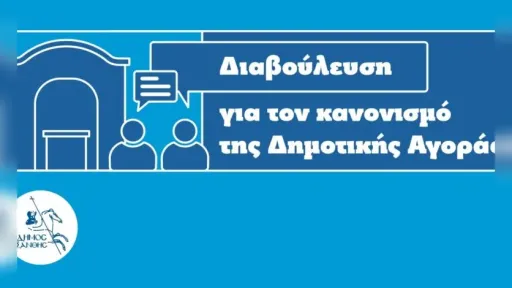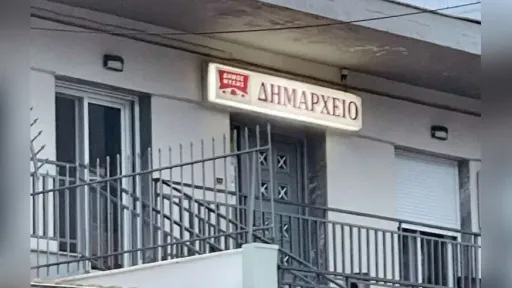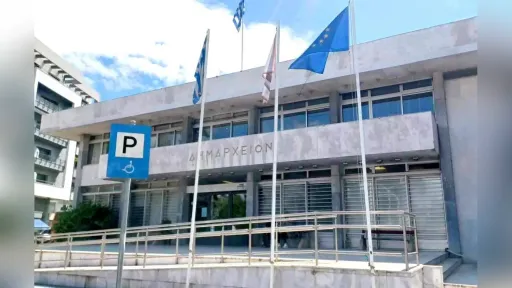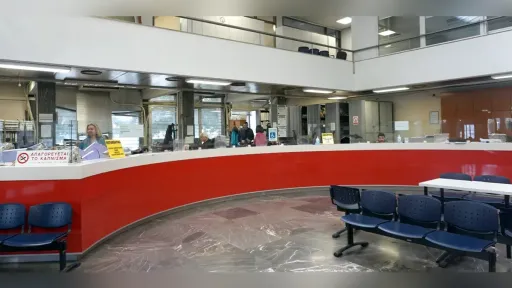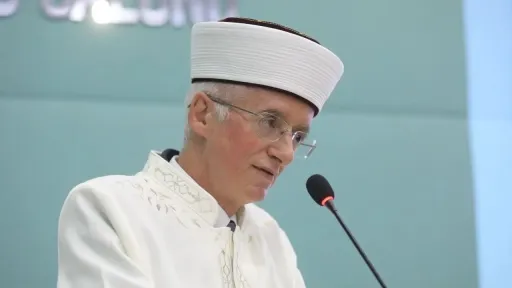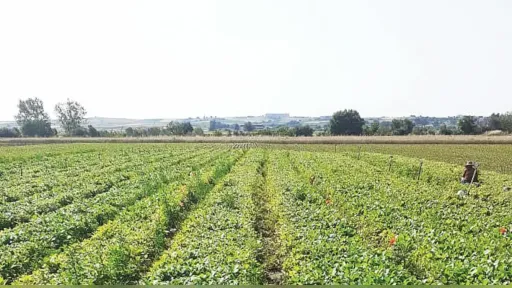Messouni residents seek autonomy as an Independent Municipal Community

The Komotini Municipal Council has taken the first step toward granting the village of Messouni the status of an independent municipal community, approving a longstanding request submitted by residents during its meeting on Monday, May 26.
The move initiates an official process that, if successful, will culminate in a Presidential Decree issued upon recommendation from the Minister of the Interior. According to current legislation, a settlement with a permanent population exceeding 300 residents can gain the status of a municipal community if justified by developmental, transportation, or historical considerations.
A Longstanding Demand
The request was brought before the council by Ms. Dimitra Paraskevoudi, President of the Messouni Cultural and Educational Association. She conveyed the collective desire of the residents for Messouni to regain its autonomy and become an independent municipal community once again.
Messouni, located in the Rodopi region, is a refugee settlement founded following the Treaty of Neuilly in 1919 and officially established in 1924 with the resettlement of 56 Greek families from Sinapli in Eastern Rumelia. Until 1997, Messouni enjoyed administrative autonomy, but that changed with the implementation of the “Kapodistrias” reform plan (Law 2539/1997), which merged Messouni into the municipality of Aigeiros.
In 2010, the “Kallikratis” reform (Law 3852/2010) further altered administrative boundaries, abolishing the Aigeiros municipality and placing Messouni under the jurisdiction of the Komotini municipality, where it remains today as part of the Aigeiros municipal unit.
“This resulted in our village losing its ability to be directly represented,” Ms. Paraskevoudi noted. Without its own local representative, Messouni now falls under the local community of Aigeiros. Residents believe this change has hindered the effective communication and resolution of everyday and developmental issues facing the settlement.
Respect for History and Identity
“Having a legal representative is not only about administrative participation,” Ms. Paraskevoudi emphasized. “It is also an act of respect for our village’s history and cultural identity.” She stressed that Messouni’s historical legacy and traditions are an integral part of the region’s cultural heritage.
“We are prepared and organized to once again become an active Local Community. We ask for your understanding and support so that Messouni may continue to be a vibrant cell of our municipality’s history and culture,” she concluded.
Broad Council Support
Several municipal council members expressed support for the initiative, including Mr. Dimitris Karastavrou, Mr. Marinos Vassiliadis, and Mr. Giannis Mourtidis. Mr. Antonis Gravanis, head of the main opposition, proposed a broader review of municipal communities, noting that while some areas may require new administrative entities like Messouni, others are so small they function ineffectively.
Mr. Giannis Leventis, head of the People’s Rally, abstained from voting and raised concerns about the chronic underfunding of municipal communities, which he said limits their ability to effectively support local life.
